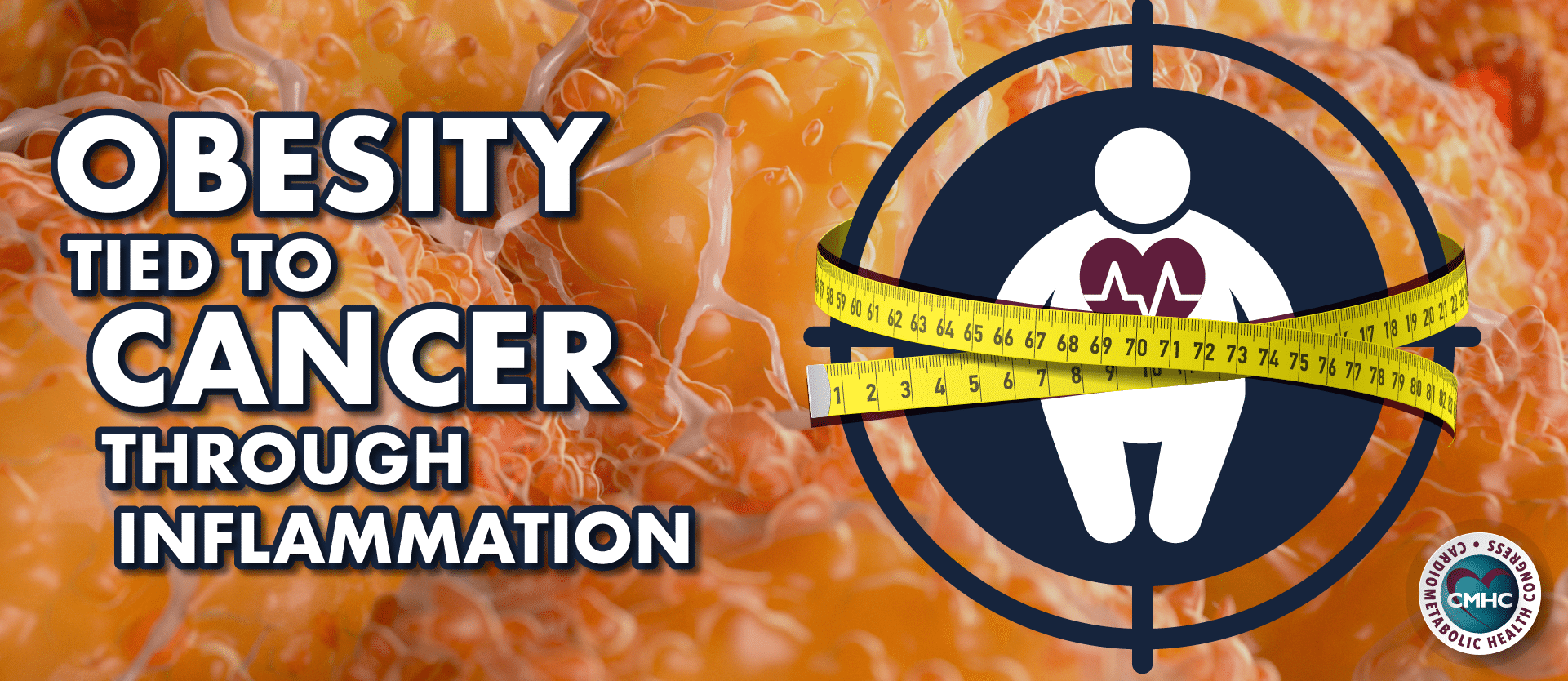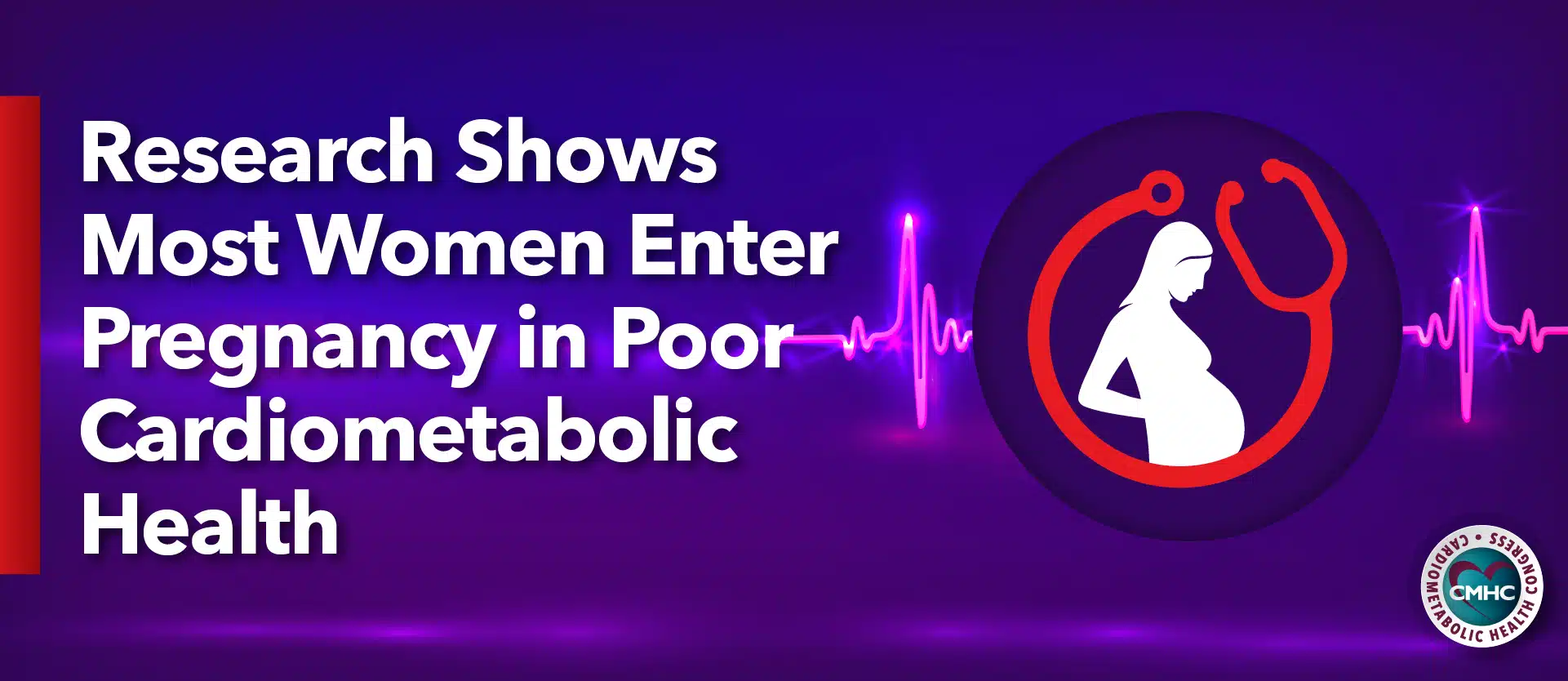As the dangers of long-term chronic inflammation continue to be evaluated by the medical community, increasing amounts of studies point to inflammation as a significant risk factor for a host of cardiometabolic conditions. Rising obesity rates predispose the population to a pro-inflammatory state which may serve as a precursor to the development of cancer. Researchers believe BMI could be serving as a surrogate for other risk factors, such as inflammation, which have the potential to increase the likelihood of cancer and cardiometabolic conditions.
While studies in mice have demonstrated that obesity-induced inflammation contributes to increased risks of colorectal cancer (CRC), clinical evidence in humans is lacking. A recent study from researchers at the Washington University School of Medicine aimed to identify the reasons behind rising colorectal cancer rates in the younger population. Women who were overweight or obese were twice as likely to develop CRC before the age of 50 than women with a normal BMI, confirming the association between obesity and cancer.
Obesity and coinciding chronic inflammation could prove to be reversible risk factors for the prevention and progression of colorectal cancer, a new study reports. Led by Dr. Joel Mason, researchers analyzed the levels of pro-inflammatory cytokines in the colon and pro-cancerous alterations in the mucosal transcriptome in obese individuals to determine their relationship to BMI levels.
According to study findings, inflammatory proteins in the colon increased incrementally with weight and an abundance of pro-inflammatory cytokines was found in participants with obesity. Concentrations of plasma IL6 and TNFα were 2- to 3-fold greater in the colons of obese subjects compared with the lean controls. This incremental rise in cytokines was observed along the entire spectrum of subjects’ weights. In addition to increasing cancer risk, pro-inflammatory cytokines have been linked to insulin resistance, diabetes, and inflammatory disorders.
Additionally, the study found evidence of two pre-cancerous cellular pathways based on differences in the mucosal transcriptome between lean and obese participants, believed to result from increased cytokine concentrations. The changes found were indicative of activation in two gene expression networks, which play a vital role in the development of colon cancer in obese patients.
Of the 42 participants, 13 were regular users of NSAIDs, such as aspirin and ibuprofen. Dr. Mason and his team discovered lower levels of pro-inflammatory proteins in the colon in participants who took NSAIDs at least once per week, regardless of weight and BMI. While NSAIDs have been proven to lower levels of pro-inflammatory cytokines and reduce the risk of colon cancer, their use is tied to severe adverse effects such as gastrointestinal bleeding and needs to be further evaluated.
Although modest in size, the study reveals new evidence tying obesity to cancer through increased inflammatory proteins. Researchers acknowledged the size of the study as well as the strictly Caucasian racial demographic as limitations, writing “given the cross-sectional nature of this study, the results cannot prove that the observed changes in the colonic transcriptome are due to the rise in cytokines…Observations from this study nevertheless underscore the potential contribution that the establishment of an inflammatory milieu in the colonic mucosa may play in explaining the enhanced risk of colon cancer due to obesity.”
According to the CDC, colorectal cancer is the third most common cancer and second leading cause of cancer-related death in the United States. Increasing evidence linking obesity and corresponding chronic inflammation implicates the need for improved weight control and regular CRC screenings for obese or overweight individuals.


















